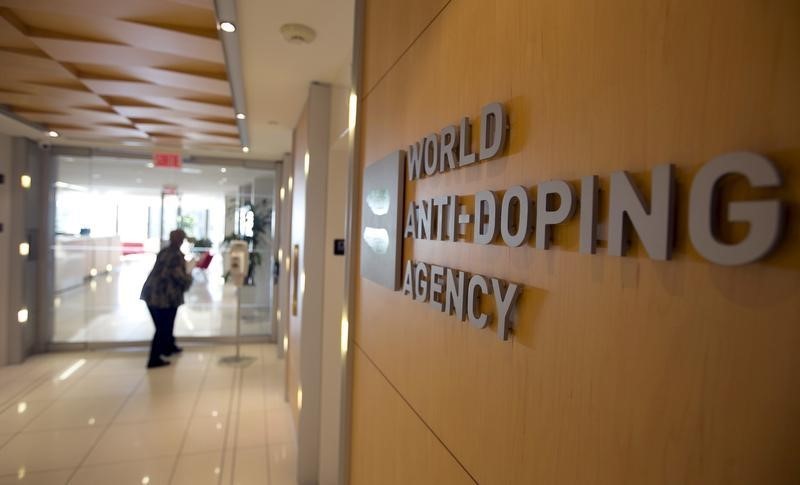SEVRES, France (Reuters) - The World Anti-Doping Agency (WADA) on Wednesday defended the Therapeutic Use Exemption (TUE) system after some athletes' confidential medical data was leaked by a group of Russian hackers, shedding light on potential abuse.
A group identified as APT28 and Fancy Bear by U.S. cyber-security researchers revealed TUEs for leading athletes including Tour de France cycling champions Chris Froome and Bradley Wiggins and tennis grand slam winners Serena Williams and Rafa Nadal.
TUEs allow athletes to take banned substances for verified medical needs and are signed off by sports federations.
"TUEs fall under international standards... They are scrutinised by the medical community," WADA Senior Science Director Olivier Rabin told a joint news conference with International Bureau of Weights and Measures (BIPM).
"WADA can review and appeal the TUEs. If there is a risk of abuse, WADA has the right to overturn," Rabin said, adding that the leaked information had only very limited value.
Suggestions that the number of TUEs had dramatically increased in the past year are false, added Valerie Fourneyron, the head Health, Medicine and Research at WADA.
"(The number seems to have increased) because more and more national anti-doping agencies have put the TUEs into ADAMS (Anti-Doping Administration and Management System)," she said.
"Several countries in the past year have put all their TUEs on ADAMS - Italy, France, Tunisia, Malaysia."
Team Sky boss Dave Brailsford defended Wiggins on Monday, saying the 2012 Tour de France champion's TUEs were "not being used to enhance performance".
A leading expert, however, said on Wednesday that the explanations of Wiggins and Brailsford were "shaky".
"There is no logic in injecting yourself with (the corticosteroid) Kenacort before the start of a grand tour," Dr Armand Megret, an expert for the Movement for Credible Cycling, told French sports daily L'Equipe.
"It does not make sense that such a champion with such team with such an organised staff can take corticoids so casually."
The data revealed the Briton was given permission to take triamcinolone before the 2011 and 2012 Tours as well as the 2013 Tour of Italy.
